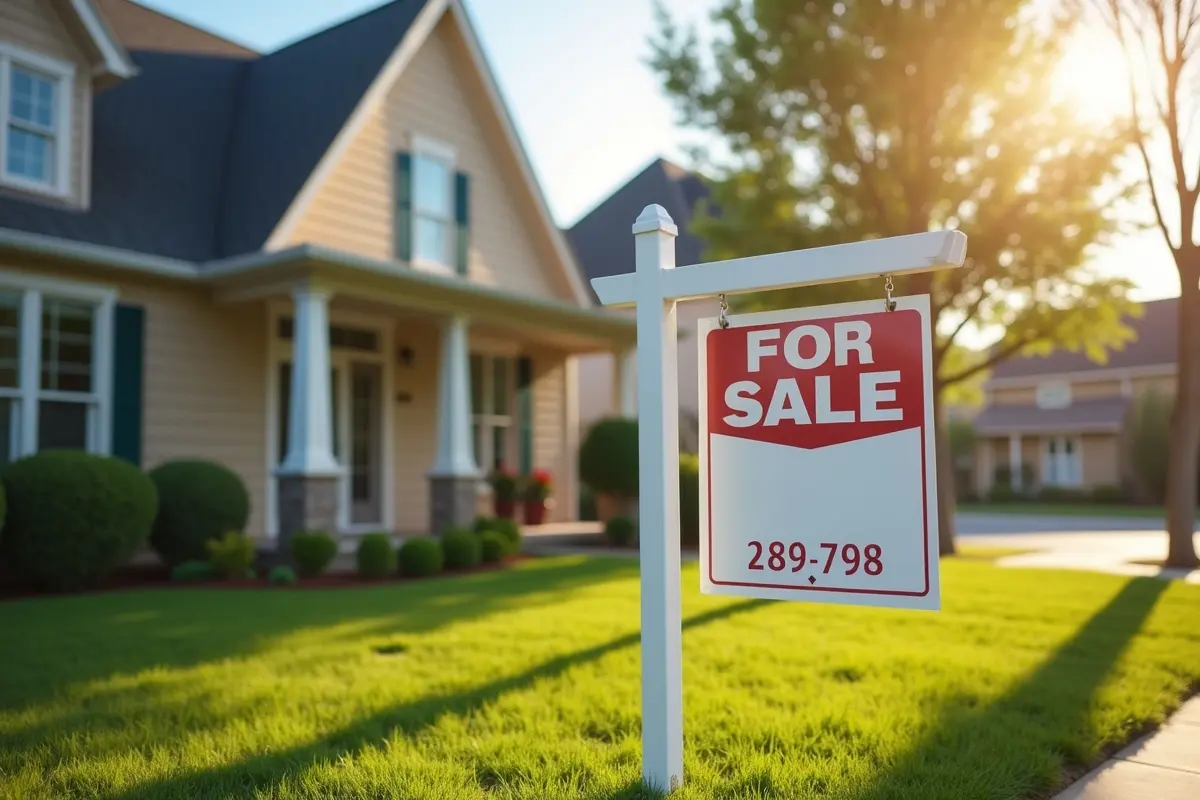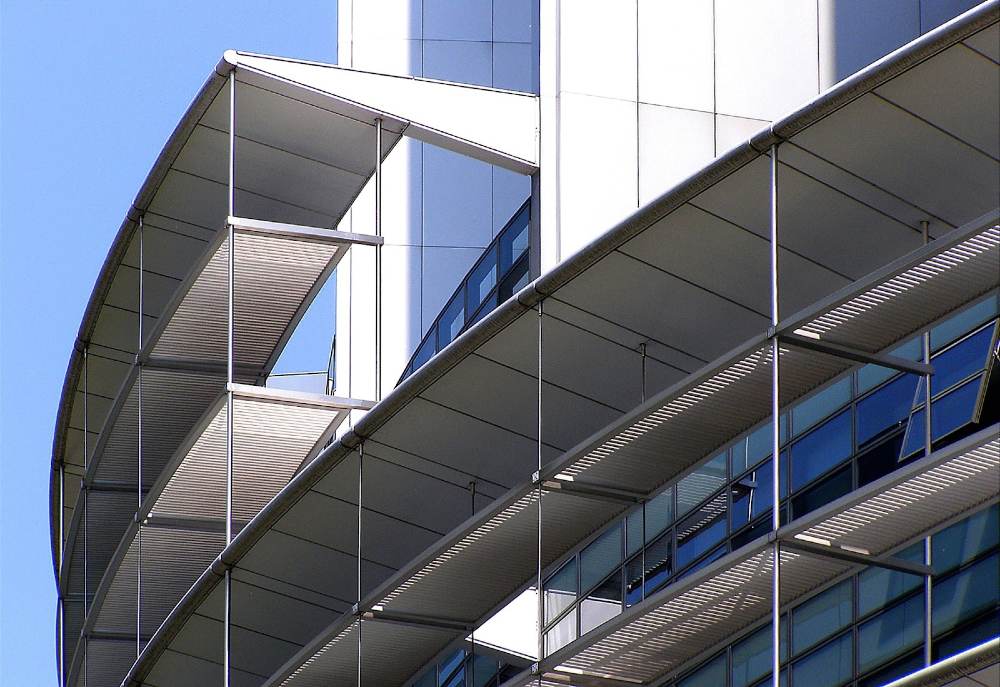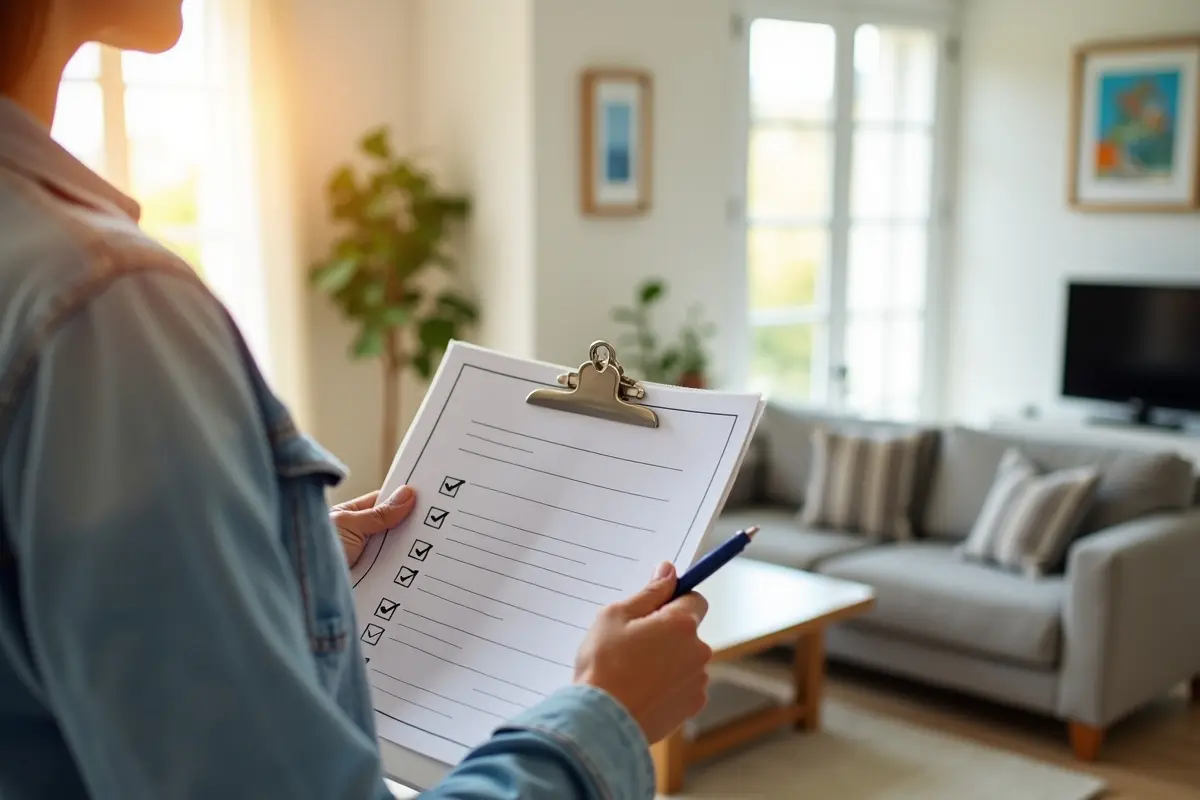Setting the right price for your home is one of the most critical decisions when selling. The right price ensures you attract a pool of motivated buyers, maximize interest, and avoid your home lingering on the market for too long. On the other hand, overpricing turns away potential interest and can result in multiple price drops down the road. Underpricing, meanwhile, might leave you with less than what your property is truly worth, especially if you don’t receive multiple offers to bid up the price.
Many sellers look for cash buyers when seeking a fast, seamless sale. These buyers are typically ready to purchase quickly, which can be a major advantage if your home is accurately priced and presented well.
Conduct a Comparative Market Analysis (CMA)
A Comparative Market Analysis (CMA) is a fundamental step in understanding how to price your home effectively. This valuable process involves studying homes recently sold in your area with similar size, location, age, and condition. If a three-bedroom, two-bath residence a block over just sold for $320,000, that sets an important price benchmark for your listing. Real estate professionals often provide CMAs, but homeowners can gather comparable data from public listings and reliable property sites to understand local values.
Evaluate Current Market Conditions
Knowing whether the current real estate climate favors buyers or sellers is essential for setting a smart listing price. In a seller’s market, tight inventory and strong demand may allow you to price your home at the higher end of your range. In a buyer’s market, with more competition for fewer buyers, aggressive pricing below market value may be necessary to guarantee attention. Review your local listings and market snapshots to determine the pace, as these cycles impact your pricing flexibility and ultimate selling strategy.
During this process, you might also consider marketing to property buyers who specialize in purchasing homes quickly, regardless of market fluctuations. Reaching out to such buyers can expedite your sale, especially if your pricing aligns with current conditions.
Highlight Unique Features and Upgrades
Homes that stand out are more likely to attract eager buyers and justify a premium price. Upgrades such as energy-efficient windows, a remodeled kitchen, or a recently landscaped yard can elevate your home’s appeal. Don’t forget to mention smart home integrations, extra storage, updated bathrooms, or custom finishes in your marketing materials and listing description. Well-documented, recent improvements bolster buyer confidence and support your asking price, positioning your home as turnkey for those looking to move in quickly.
Set a Competitive and Realistic Price
Pricing your home below the median value of comparable listings may sound counterintuitive, but it often works to your advantage. Competitive pricing draws attention from more buyers and can create a sense of urgency, sometimes resulting in multiple offers and a final sale price above the original ask. When homes are priced too high relative to others in the neighborhood, they risk being overlooked, even in a hot market. Your pricing strategy should factor in the market data and the feedback you receive within the first few weeks of listing.
Consider Professional Appraisal
A professional appraisal objectively estimates your home’s value based on its unique qualities, condition, and recent market comps. Appraisals offer peace of mind to sellers and ensure that your chosen price won’t be out of line with lender expectations, reducing the risk of contract delays or failures later in the process. This is especially valuable if your property features highly customized amenities or sits in a rapidly changing neighborhood, where values may not be clear-cut from basic market research alone.
Be Open to Adjustments
The best-laid pricing plans sometimes require a pivot. Review the market feedback closely if your home isn’t generating inquiries or showing activity. Are similar homes selling while yours remains unnoticed? Be prepared to act quickly—homes that linger on the market can become ‘stale,’ stigmatized as overpriced or flawed. Implementing a timely price reduction can renew interest, bring your listing to new attention, and ultimately drive a sale.
Enhance Curb Appeal and Stage Your Home
Curb appeal and professional staging have an outsized impact on buyer interest and offer quality. Before your first showing, ensure your exterior is tidy, landscaping is attractive, and front entryways are welcoming. Inside, declutter space, arrange furniture to highlight your home’s flow, and use subtle decor to allow buyers to envision themselves living there.
Thoughtful pricing and strong presentation are keys to standing out, making a great first impression, and moving swiftly through the selling process to a successful closing.




